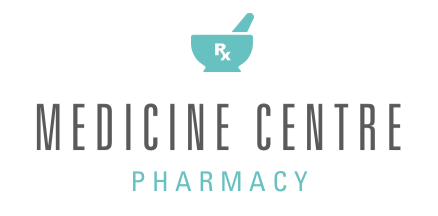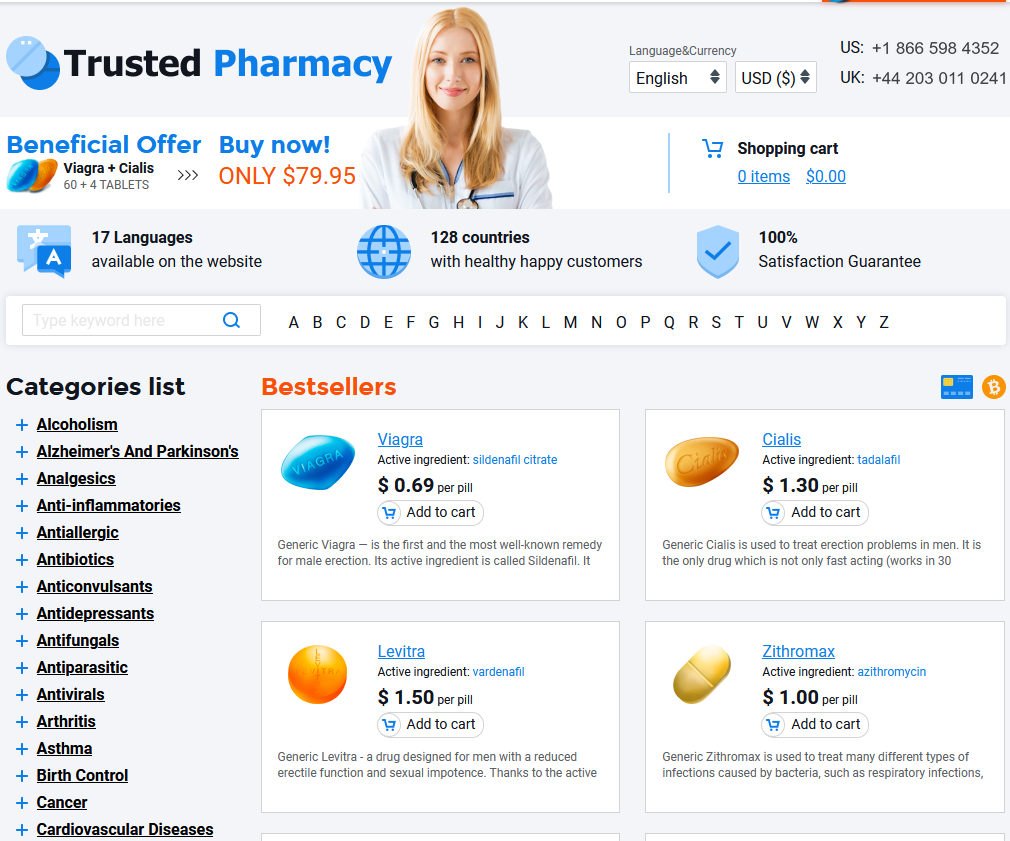To Visit Online Pharmacy Click HERE ↓
The Future of Lipitor: What's Next for Cholesterol Medications?
The Evolution of Cholesterol Medications: From Past to Present
Cholesterol has long been recognized as a major risk factor for heart disease, one of the leading causes of death worldwide. Accordingly, researchers have been relentlessly studying ways to lower the levels of bad cholesterol, LDL, in the bloodstream. Statins, a group of drugs that inhibit an enzyme involved in cholesterol synthesis, emerged as the first-line therapy for individuals with high cholesterol. Mevacor was the first statin drug approved by the Food and Drug Administration (FDA) in 1987. Since then, several other statins, including Lipitor, have been introduced into the market and have become widely used.
Apart from statins, other medication classes aimed to reduce LDL have also been developed in the past decades. Among them are bile acid sequestrants (or resins), which bind to bile acids in the intestine, thereby interfering with cholesterol absorption. Fibric acid derivatives, which affect the metabolism of triglycerides and high-density lipoproteins (HDL, the good cholesterol), are also available. Niacin, a B vitamin, and ezetimibe, a drug that blocks intestinal cholesterol absorption, are often used in combination with statins to achieve optimal cholesterol control.
As effective as these medications are, they sometimes come with unwanted side effects, which may vary according to the drug class and individual response. Moreover, not all patients respond well to a particular medication, and some may require a combination of different drugs or higher doses. The management of high cholesterol, therefore, requires close monitoring and individualized strategies.
Beyond Lipitor: Alternatives and New Cholesterol Medications
While Lipitor has been a popular medication for reducing high cholesterol levels, it is not suitable for everyone. Patients who do not respond well to Lipitor or are experiencing adverse side effects may consider alternative medications. One such alternative is Crestor (rosuvastatin), which is similar to Lipitor but is less likely to cause drug interactions. Another option is Zetia (ezetimibe), which blocks cholesterol absorption in the digestive tract. However, Zetia is often used in combination with a statin like Lipitor.
As new research emerges, there are several promising cholesterol medications in development that could change the game. One such drug is called bempedoic acid, which is known for reducing LDL (low-density lipoprotein) cholesterol levels by inhibiting a certain enzyme. Another potential medication is called inclisiran, which is designed to target a specific gene that regulates cholesterol metabolism. These new developments offer hope for better cholesterol management options and may eventually provide more personalized treatment plans for patients with high cholesterol levels.
The challenges of Lipitor primarily stem from the side effects and risks associated with its prolonged use. While the drug is highly effective in lowering cholesterol and reducing the risk of heart disease, users face the risk of developing serious health issues, including liver damage and diabetes. Additionally, some side effects, such as muscle pain and weakness, can significantly impact patients' quality of life and lead to discomfort and discontinuation of the medication.
To address these challenges, healthcare professionals encourage patients to monitor their cholesterol levels regularly and maintain a healthy lifestyle, including a balanced diet and regular exercise. Additionally, patients should avoid taking other medications or supplements without consulting their healthcare provider, as these can interact with Lipitor and increase the risk of side effects. Furthermore, healthcare providers should monitor patients closely for any potential side effects and adjust the dosage or switch to a different medication if necessary.
Despite the challenges, Lipitor has been a game-changer in the management of cholesterol and the prevention of heart disease. As new cholesterol medications are developed and studied in clinical trials, the hope is that they will provide even greater benefits with fewer side effects. The future of cholesterol management is exciting, with innovations in precision medicine, genetic testing, and personalized treatment plans. With ongoing research and advancements in technology, the healthcare industry is optimistic about the potential for more effective and safer ways to manage cholesterol and promote heart health.
Alternatives and New Cholesterol Medications
While Lipitor has been a game-changer in the world of cholesterol medication, it is not without its limitations. Some users experience severe side effects, including muscle weakness and kidney damage. In light of these concerns, many people are looking for alternatives and new cholesterol medications that offer similar benefits without the risks.
One such alternative is a class of medications called PCSK9 inhibitors, which work by blocking a protein that prevents the liver from removing LDL cholesterol from the bloodstream. These medications have been shown to be highly effective in reducing LDL cholesterol levels, often by 60% or more. Another option is the use of plant sterols, which are found in certain foods and supplements and can help prevent the absorption of cholesterol in the gut. Several other new cholesterol medications are also in development, including gene therapies and RNA-based therapies that target the formation of LDL cholesterol in the liver.
As more research is conducted and more innovative approaches to cholesterol management are developed, the future of cholesterol medications looks bright. While it will take time for these new treatments to become widely available, they offer hope to those who struggle with high cholesterol and are looking for safe, effective ways to manage it. Ultimately, this could lead to reduced risk of heart disease, better quality of life, and a more positive overall health outlook for millions of people worldwide.
The future of cholesterol management is looking promising thanks to innovations and cutting-edge research. One of the most exciting developments in this field is the use of genetic testing to identify individuals who are at risk for high cholesterol. Researchers are exploring how genomic data can help predict who may develop cholesterol problems, allowing doctors to intervene earlier and prevent the development of heart disease.
Another area of research is biologic drugs, which are designed to target specific molecules in the body that contribute to heart disease. These drugs have shown promising results in reducing bad cholesterol levels and improving heart health. One example is PCSK9 inhibitors, which work by blocking the action of a protein that interferes with the liver's ability to remove LDL or bad cholesterol from the blood.
Overall, cholesterol management is evolving rapidly, and there are many exciting new developments on the horizon. By staying informed about these innovations and following guidelines for safe and effective use of cholesterol medications like Lipitor, patients can take an active role in their own health and well-being.
Tips for Using Lipitor Safely and Effectively
While lipitor can be an effective medication for lowering cholesterol levels, it is crucial to use it safely and effectively. First and foremost, you should always follow the dosage instructions provided by your doctor or pharmacist. Do not take more lipitor than prescribed, and do not share it with others. You should also be aware of the potential side effects of lipitor, such as muscle pain or weakness, and report any unusual symptoms to your doctor immediately.
In addition to medication, lifestyle modifications can enhance the effectiveness of lipitor and other cholesterol-lowering medications. This includes following a healthy diet, exercising regularly, quitting smoking, and limiting alcohol consumption. These changes, alongside the medication, can help lower your overall cholesterol levels and reduce your risk of developing heart disease. Regular monitoring of your cholesterol levels is also essential so that your doctor can adjust your dosage or treatment accordingly, as needed. By using lipitor safely and effectively in conjunction with lifestyle modifications and proper monitoring, individuals can better manage their cholesterol levels and improve their overall heart health.
The healthcare landscape is evolving at a rapid pace, and cholesterol medications are shaping the way we approach and manage total cholesterol levels. As we move towards a preventive care model, the role of cholesterol-lowering drugs is now more important than ever. These medications have come a long way, from the early days of niacin and bile acid sequestrants to the statins we rely on today. But what will the future of cholesterol management look like?
Going forward, we can expect to see continuing innovation and research in the field of cholesterol management. From monoclonal antibodies and gene therapies to novel drugs still in the early stages of development, researchers are exploring new ways to lower cholesterol and reduce cardiovascular risk. Coupled with new technologies and a growing focus on personalized medicine, we can expect to see breakthroughs that will transform the way we manage cholesterol and ultimately drive better health outcomes for patients around the world.
However, as these new therapies become available, it is important to remember that existing drugs like Lipitor will still play a vital role in cholesterol management. As the industry continues to evolve, it will be critical to find the right balance between emerging innovations and existing treatments to maximize the benefits of cholesterol-lowering medication for all patients. As the future of cholesterol management takes shape, one thing is certain: the way we approach and manage cholesterol will continue to be a key factor in shaping the future of healthcare.

